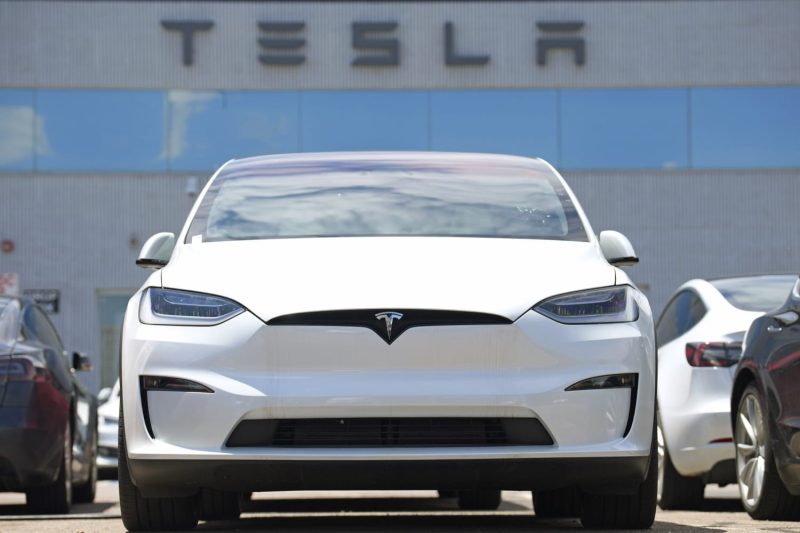In the world of electric vehicles (EVs), Tesla has stood out as a trailblazer, disrupting the traditional automotive industry with its innovative approach. However, recent job cuts at the company have raised concerns among investors and analysts on Wall Street, pointing to potential underlying issues with demand for Tesla’s electric vehicles.
Tesla’s decision to trim its workforce comes at a critical juncture for the company as it faces increasing competition in the EV market. The move has sparked worries among investors, who fear that it could be a sign of weak demand for Tesla’s vehicles. The company had already faced scrutiny over its ability to meet ambitious production targets and deliver consistent profits.
While Tesla has experienced rapid growth over recent years, concerns about its long-term sustainability have persisted. The company’s reliance on external funding sources, volatile stock prices, and ongoing production challenges have led many to question its ability to maintain its position as a leading player in the EV industry.
The job cuts announced by Tesla are part of a broader restructuring effort aimed at streamlining operations and cutting costs. While such measures are common in the business world, the timing of these layoffs has raised eyebrows among industry observers. Some analysts suggest that the cuts may be an indication of softer demand for Tesla vehicles, prompting the company to reassess its workforce needs.
Tesla’s CEO, Elon Musk, has been known for his ambitious vision and bold moves, but the company’s recent challenges have tested his leadership skills. Musk’s ability to navigate Tesla through these turbulent times and steer the company towards sustained profitability will be closely watched by investors and stakeholders.
In response to concerns about demand, Tesla has been exploring ways to expand its market reach and appeal to a broader customer base. The company has unveiled new models, such as the Model Y crossover SUV, and has ramped up efforts to enhance its charging infrastructure to support a growing fleet of electric vehicles.
Despite the uncertainties surrounding Tesla’s future, the company remains a key player in shaping the future of transportation. Its emphasis on sustainability, innovation, and cutting-edge technology has set it apart in the EV market. As the industry continues to evolve, Tesla’s ability to adapt to changing market dynamics and deliver on its promises will ultimately determine its long-term success.
In conclusion, Tesla’s job cuts signal a pivotal moment for the company as it grapples with challenges related to demand, competition, and profitability. The EV maker’s ability to navigate these obstacles and emerge stronger will be closely monitored by investors, analysts, and industry observers alike. As Tesla continues to push the boundaries of what is possible in the world of electric vehicles, its future trajectory will be shaped by its ability to address these critical issues head-on.


























